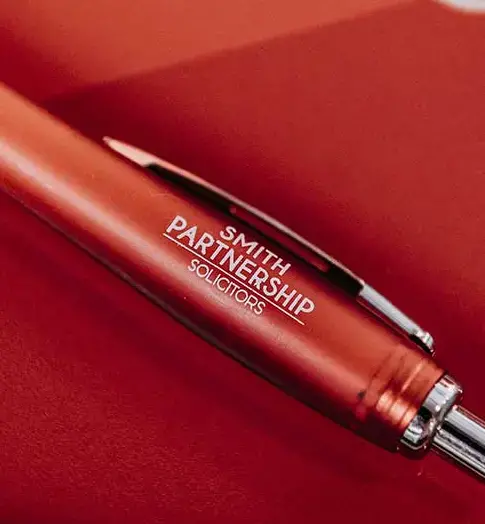
FAQs
It’s likely you’ll be able to find the answer in our FAQs which cover all of our services. You can filter questions by service area or search for a relevant word or phrase.
Unable to find an answer? Contact us on 0330 123 1229, or complete a contact form and a member of our team will be happy to help.
Childcare
How can I work out what my partner should pay to me for our children as child maintenance?
Parents are encouraged to try and resolve amicably the level of child support that is paid by one parent (the parent with whom the children do not live with the majority of the time) to the other. If they can reach an agreement all well and good, that does not need to be ratified in a court order or via the CMS (Child Maintenance Service). Parents can be helped to reached an agreement by using a variety of sources including Child Maintenance Options, a free service providing impartial information and support to help separating parents make decisions about child maintenance arrangements.
Sometimes however parents cannot reach an agreement and an application to the CMS may be necessary. The CMS have a variety of options in dealing with child maintenance including carrying out a formal calculation based on the absent parent’s gross income, collecting the maintenance etc. please note that an application to the Child Maintenance Service is not free, it needs to be paid for by both parents. The CMS does have a variety of options for enforcement of maintenance as well.
Click here to see the CMS website.
Childcare
What is child maintenance?
Child maintenance is where one parent sometimes referred to as the absent parent i.e. the parent with whom the child does not spend the majority of their time with, pays maintenance to the other parent for that child’s support. Please note that what that parent does with the money is up to them, they may save it, they may use it to pay bills, they may use it to pay for a holiday i.e. the paying parent has no control over what the money is used for.
If parents share the care of the child(ren) then it may be that no child maintenance will be paid but in order to work this out you have to count the actual number of nights a child spends with both parents and if it is seven nights out of fourteen, then it is likely to be deemed true shared care. However, if it is only three nights out of seven, then one parent will be deemed to be the parent with care. If you can agree maintenance all well and good, if you cannot agree maintenance then you can make an application to the CMS (Child Maintenance Service) for them to determine child maintenance. Child maintenance is worked out on a formula and is based on your gross income and on a percentage basis according to the number of children you have and the number of nights they stay overnight with you.
Medical Negligence
A family member is in a care home and has had a fall – can they make a claim?
Yes. If the fall was reasonably foreseeable, avoidable, and your family member was harmed as a result, then they may have a claim.
Medical Negligence
Can I make a claim on behalf of a family member who is in care?
Yes. If the victim is able to deal with their own affairs, they can instruct us in their own right to investigate a possible claim. If you deal with the victim’s affairs on their behalf, then we can take instructions from you to investigate the care that has been provided and establish whether there has been any negligence.
Medical Negligence
Can I make a claim on behalf of a family member who died due to medical negligence?
Next of kin can instruct a solicitor on behalf of a deceased person to investigate the circumstances surrounding their death.
Medical Negligence
My doctor was negligent what can I do?
If you think there has been an error in the advice your GP has given you, and you have suffered as a result, then you may have grounds for a clinical negligence claim. You can consult us for advice at this stage. Alternatively, you might also want to write to the practice manager with your own letter of complaint. If you do this the practice manager will investigate your complaint and respond to you with the results of that investigation. This may answer any questions or concerns you have about your care.
Medical Negligence
My hospital was negligent – what can I do?
If you think there has been an error in your care, and you have suffered as a result, then you may have grounds for a clinical negligence claim. You can consult us for advice at this stage. Alternatively, you might want to write to the hospital trust with your own letter of complaint. If you do this the trust will investigate your complaint and respond to you with the results of that investigation. This may answer any questions or concerns you have about your care.
Medical Negligence
I was injured in a hospital abroad who can I sue?
If you had poor care abroad then it is possible that you may be able to make a claim for clinical negligence. However, the rules governing standards of care will be different to those in the UK and specific to the country where you were treated.













